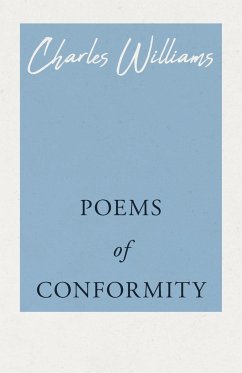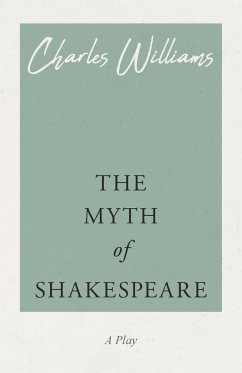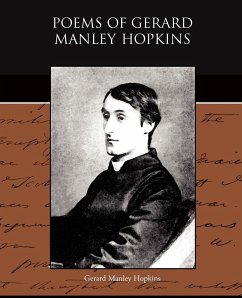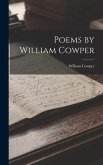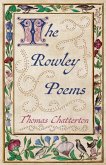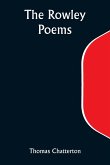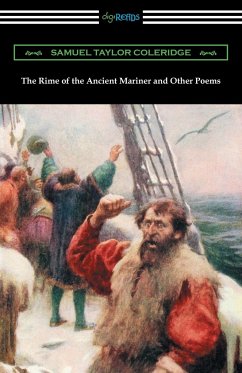"Poems of Conformity" is a 1917 collection of poems by British writer Charles Williams. Contents include: "Proserpina", "At Dawn", "Ballade of Building", "Ballade of a Street Door", "Ballade of Number", "The Clerk", "Richmond Park", "Inland Travel", "Conformity", "Emigravit", "May 20th, 1915", "Hope", "Endings", etc, Charles Walter Stansby Williams (1886 - 1945) was a British theologian, novelist, poet, playwright, and literary critic. He was also a member of the "The Inklings", a literary discussion group connected to the University of Oxford, England. They were exclusively literary enthusiasts who championed the merit of narrative in fiction and concentrated on writing fantasy. Contents include: "Divorce", "In Time of War", "Praise of Death", "Lovers to Lovers", "On the Way to Somerset", "In Absence", "Reunion", "For a Pieta", "Ballade of a Country Day", "Ballade of Travellers", "Ghosts", etc. Other notable works by this author include: "The Greater Trumps" (1932), "War in Heaven" (1930), and "The Place of the Lion" (1931). Many vintage books such as this are increasingly scarce and expensive. We are republishing this volume now in an affordable, modern, high-quality edition complete with specially-commissioned new biography of the author.
Hinweis: Dieser Artikel kann nur an eine deutsche Lieferadresse ausgeliefert werden.
Hinweis: Dieser Artikel kann nur an eine deutsche Lieferadresse ausgeliefert werden.

